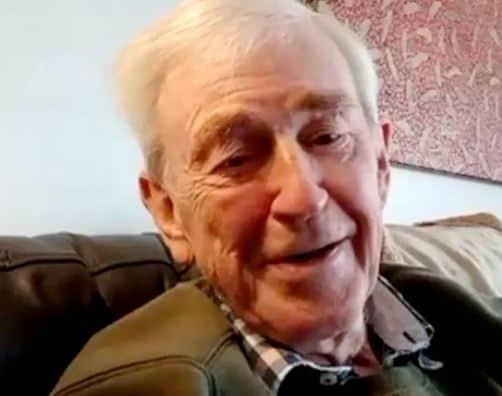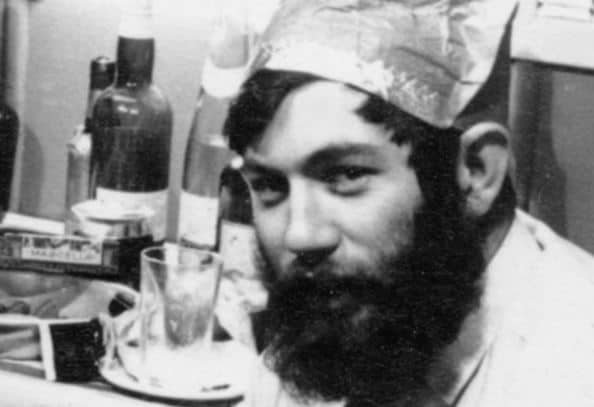The remains of a British scientist who died in an accident in Antarctica over six decades ago have been discovered.

Dennis “Tink” Bell, 25, fell into a crevasse while working for the Falkland Islands Dependence Survey (now the British Antarctic Survey) in 1959.
For decades, his remains lay in the Antarctic.
It wasn’t until this January that a Polish team discovered his body.
In addition to bones, the team also found over 200 personal effects nearby, including a torch, radio equipment, an inscribed wristwatch, ski poles, a pipe stem, and a knife.
The remains were carefully extracted from the area and shipped to the Falkland Islands, where they were then brought to London.
The remains were confirmed as Bell’s after DNA testing by scientists at King’s College London matched the sample to those taken from Bell’s siblings.
Bell’s brother, David, who resides in Australia, said he and his sister Valerie were “shocked and amazed” when they received a call telling them that their brother had been discovered after 66 years.
For now, they are still trying to decide how they will be marking their brother’s memory.
Bell Was Conducting Geological Work
In 1959, Bell was working as a scientist on a two-year assignment, conducting geological research and a study in the Antarctic, when the tragedy occurred.
He was stationed at Admiralty Bay on King George Island alongside three other researchers.

Wanting to encourage the team, Bell moved ahead without his skis, urging them to keep going.
Before they knew it, however, he had vanished, leaving behind a gaping hole in the crevasse.
His teammate Jeff Stokes immediately called down to the crevasse. After hearing a reply, he lowered a rope, trying to rescue Bell.
Bell tied the rope to his belt; however, it eventually broke as he reached the top. He fell 100ft again and stopped replying.

The team tried to resume the rescue operation, but harsh weather conditions halted their plans.
Stokes and the other researchers were forced to descend the glacier. By the time they returned to the crevasse nearly 12 hours later, they knew there was no chance Bell had survived.
Professor Jane Francis, the director of the BAS, described the discovery of Bell’s remains as “a poignant and profound moment.”








